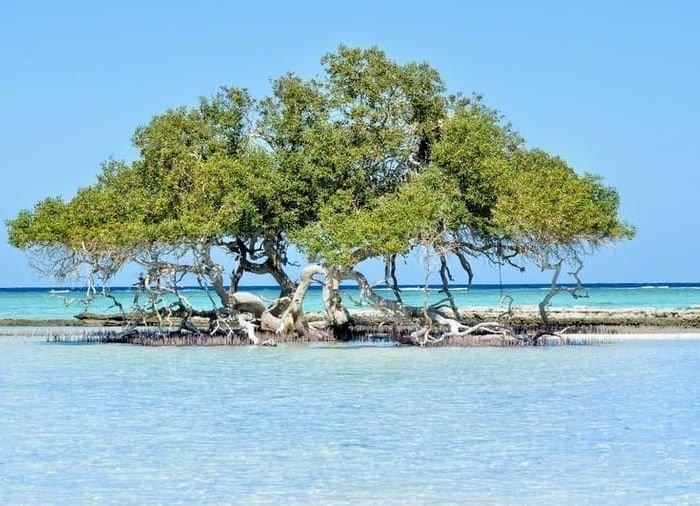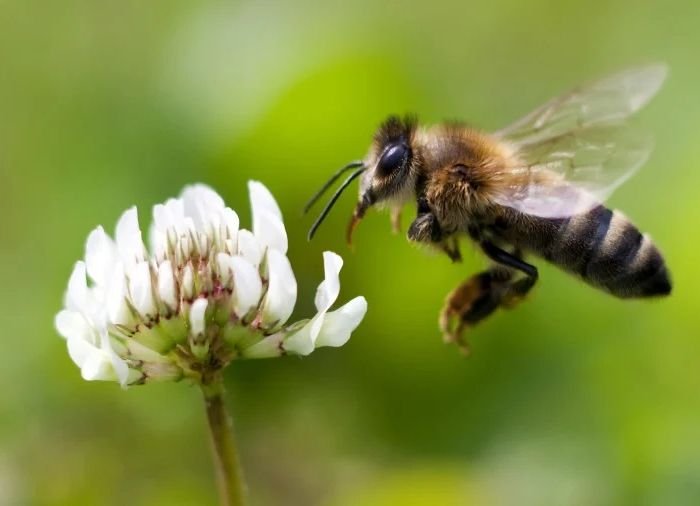Newsletter about the importance of Mangroves around the world by NGO Charlie and Lola
Mangroves are a vital ecosystem found along the coastlines of tropical and subtropical regions around the world. Consisting of salt-tolerant trees and shrubs, mangroves play a crucial role in protecting coastal areas and supporting a diverse range of plant and animal species. In this article, we will explore the importance of mangroves around the coast and why their conservation is essential for the health of our planet.

Mangroves are often referred to as the “rainforests of the sea” due to their high levels of biodiversity and the unique habitats they provide for a variety of plant and animal species. These coastal ecosystems are found in more than 123 countries and territories worldwide, covering approximately 137,760 square kilometers of land. Despite their relatively small size compared to other terrestrial ecosystems, mangroves play a significant role in maintaining the health of coastal areas and supporting the livelihoods of millions of people who depend on them for food, shelter, and income.

One of the most important functions of mangroves is their ability to act as a natural barrier against coastal erosion and storm surges. The dense root systems of mangrove trees help to stabilize the soil and reduce the impact of waves and currents, preventing the loss of land and property in coastal areas. In regions prone to hurricanes and tropical storms, mangroves are often the first line of defense against the destructive power of these natural disasters. By absorbing and dissipating the energy of incoming waves, mangroves help to protect coastal communities from flooding and other hazards, saving lives and reducing the economic costs of rebuilding and recovery efforts.
In addition to their protective role, mangroves also play a crucial role in maintaining water quality in coastal areas. The complex root systems of mangrove trees act as a natural filter, trapping sediments and pollutants before they can reach the open ocean. By absorbing excess nutrients and chemicals from the water, mangroves help to prevent eutrophication and contamination of marine ecosystems, supporting the health of fish, shellfish, and other marine species that rely on clean water for their survival. In this way, mangroves play a key role in maintaining the balance of coastal ecosystems and supporting the productivity of fisheries and aquaculture industries that depend on healthy marine habitats.

Furthermore, mangroves provide important habitat for a wide variety of plant and animal species, many of which are specially adapted to survive in the challenging conditions of the coastal environment. Mangrove forests are home to a diverse array of wildlife, including fish, birds, mammals, and invertebrates, that rely on the shelter, food, and breeding sites provided by these unique ecosystems. Many commercially important species, such as shrimp, crabs, and fish, depend on mangroves for part of their life cycle, making these habitats essential for the sustainability of marine resources and the livelihoods of coastal communities that rely on fishing and aquaculture for their income.
In addition to their ecological importance, mangroves also provide a range of ecosystem services that benefit human societies in numerous ways. One of the most important , mangroves are important for carbon sequestration and storage, helping to mitigate climate change by capturing and storing large amounts of carbon dioxide in their biomass and sediments. By conserving and restoring mangrove ecosystems, we can help to reduce greenhouse gas emissions and promote sustainable development in coastal regions around the world.

Despite their numerous benefits, mangroves are facing increasing threats from human activities, including deforestation, pollution, overexploitation, and climate change. According to the Food and Agriculture Organization (FAO), the global rate of mangrove loss is estimated to be between 1 and 2 percent per year, making mangroves one of the most threatened ecosystems on Earth. The destruction of mangroves has serious consequences for coastal communities, as it can lead to increased coastal erosion, loss of biodiversity, and reduced resilience to climate change impacts such as sea-level rise and extreme weather events. In addition, the loss of mangroves can have negative impacts on the health of marine ecosystems and the sustainability of fisheries and aquaculture industries that depend on these habitats for their survival.
To address these challenges and promote the conservation of mangroves around the world, it is essential for governments, civil society organizations, and the private sector to work together to develop and implement sustainable management practices that protect and restore these vital ecosystems. This includes measures such as establishing protected areas, regulating land use and development activities, promoting sustainable fishing practices, and raising awareness among local communities about the importance of mangroves for their livelihoods and well-being. In addition, it is important to integrate the conservation of mangroves into national and international policies and initiatives aimed at addressing climate change, biodiversity loss, and sustainable development goals, such as the United Nations Sustainable Development Goals (SDGs) and the Convention on Biological Diversity (CBD).

In conclusion, mangroves are a critical ecosystem that plays a vital role in protecting coastal areas, supporting biodiversity, and providing a range of ecosystem services that benefit human societies in numerous ways. By conserving and restoring mangrove ecosystems, we can help to promote the health and resilience of coastal environments, mitigate climate change, and support the sustainable development of coastal communities around the world. It is essential for all stakeholders to recognize the importance of mangroves and take collective action to ensure their long-term conservation and sustainable management for the benefit of current and future generations.







